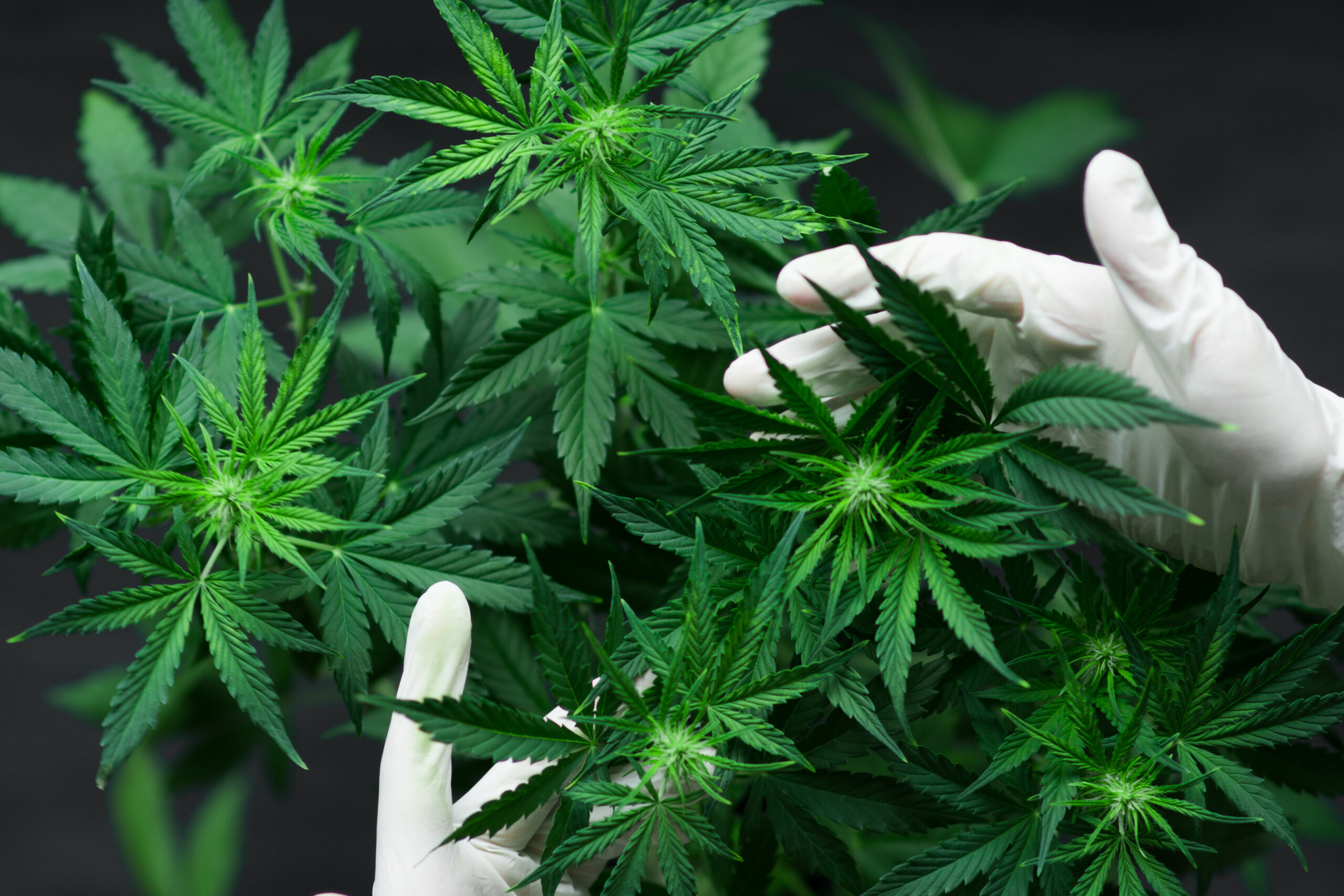Connect with us
Published
1 month agoon

As cannabis reform continues to gradually become the new norm in the U.S., the states that have yet to usher in medical or recreational cannabis regulations are now in the minority—though that’s not to say advocates and lawmakers in those states aren’t working toward change.
Kansas is among them, only allowing the sale and use of CBD products with no THC. While a newly filed Senate bill looking to create a medical cannabis pilot program in the state could work to change that, the measure is already facing criticism for being too restrictive, limiting patient access and potentially resulting in unfair “monopolies,” Marijuana Moment reports.
In previous sessions, Lawmakers have already attempted to legalize medical cannabis in Kansas through more conventional methods to no avail. Should it pass, the pilot program would launch on July 1 and end July 1, 2029.
Despite the potential for a new era of reform in Kansas, some are questioning whether the bill is truly substantial and wide-reaching enough to provide the same relief that patients enjoy in the other 38 states that have already legalized medical cannabis programs.
The Kansas Department of Health and Environment would oversee the program, which would only allow regulators to approve licenses for four vertically integrated cannabis operators in the state. Pharmacies would also be allowed to sell medical cannabis.
A patient would need to have one of 16 qualifying conditions to participate in the program, along with a physician certification. The legislation would ban smokable cannabis products but allow non-combustible vaporization along with infused pills, tinctures, patches and ointments. Cannabis products would also be capped at 35% THC.
Patients would be limited to 200 grams of cannabis for a 30-day period. Products would also be subject to an 8% tax, with 20% of tax revenue going toward a “medical cannabis research and education fund” and the remainder going toward the state general fund.
While most states with legal medical cannabis programs allow patients over 18 to access products, with certain exceptions for those under 18, the Kansas legislation would require patients to be over the age of 21.
The bill would prohibit patients from growing cannabis at home, and the legislation also lacks equity provisions, like prior cannabis conviction expungements or giving licensing priority to groups most impacted by cannabis prohibition and criminalization.
Marijuana Policy Project (MPP) Legislative Manager Kevin Caldwell told Marijuana Moment that the bill has improved upon the previous version, though it’s still lacking. Caldwell nodded to the potential for the bill to pass, citing that it “appears” to have leadership support, though with the limited time left in the legislative cycle, he said it’s possible that debate on “key issues” within the legislation could be too limited.
“We certainly hope this is not another attempt to placate patients who have been effectively advocating for years for a medical program,” Caldwell said. “They deserve the same legal and safe access enjoyed by a vast majority of Americans.”
The Kansas Cannabis Chamber of Commerce (KCCC) also raised concerns around the legislation, with President Erren Wright arguing that the bill’s “extreme limitations” on medical cannabis will “hurt more people that they help.”
In a press release, Wright cites the provision limiting licensure to only four operators, calling it a “disservice to the thousands of small business owners and advocates who have fought for medical cannabis.”
“Most importantly, it is a disservice to the Kansas patients who have waited longer than everyone else in the country to legally access this life saving medicine,” Wright added.
KCCC Vice President Troy Flager, who also owns SugarLeaf Distributing, echoed Wright’s sentiments, saying that the current cannabis community in Kansas does not support the pilot program as it currently stands. Flager said the bill cuts 99.9% of the “literally hundreds of Kansas business people” involved in the hemp and cannabis supply chain who have already spent time, money and effort to comply with changing regulations.
“We care about the products we sell and the people who benefit from them,” Flager said. “Hopefully elected officials will see through the proposed pilot program and support more reasonable bills that have been proposed over and over again in this state. I certainly want to see progress on the important matter of medical cannabis, but not like this. There are only four winners in the pilot program.”
Another recent bill would have removed cannabis from the Kansas controlled substances law, effectively legalizing it, though the state House of Representatives rejected it. Last year, a Senate committee tabled a bill that would have allowed doctors to certify qualified patients over 21 for medical cannabis. Similarly, the Kansas House passed a medical cannabis bill in 2021, though the measure ultimately did not receive a committee vote in the Senate.
Democratic Gov. Laura Kelly has long championed cannabis reform, however. After last year’s effort died, Kelly said she was “disappointed that some legislators are saying they don’t want to move forward with legalizing medical marijuana this year—effectively turning their backs on our veterans and those with chronic pain and seizure disorders.”
In her 2023 State of the State address, Kelly also said that there is a “commonsense way to improve health care here in Kansas—and that’s to finally legalize medical marijuana.”


Study Reveals State Cannabis Legalization Lowers Immigrant Deportation


DEA Challenges Bid To Use Psilocybin Under ‘Right To Try’ Legislation


Vegans Rejoice as Farmers Switch from Chickens to Hemp


Louisiana Legislative Committee Unanimously Passes Adult-Use Cannabis Framework Bill


Louisiana House Bill to Regulate Hemp Products Advances Along With Senate Bill to Ban


Cresco Labs Workers Reportedly De-Unionize
